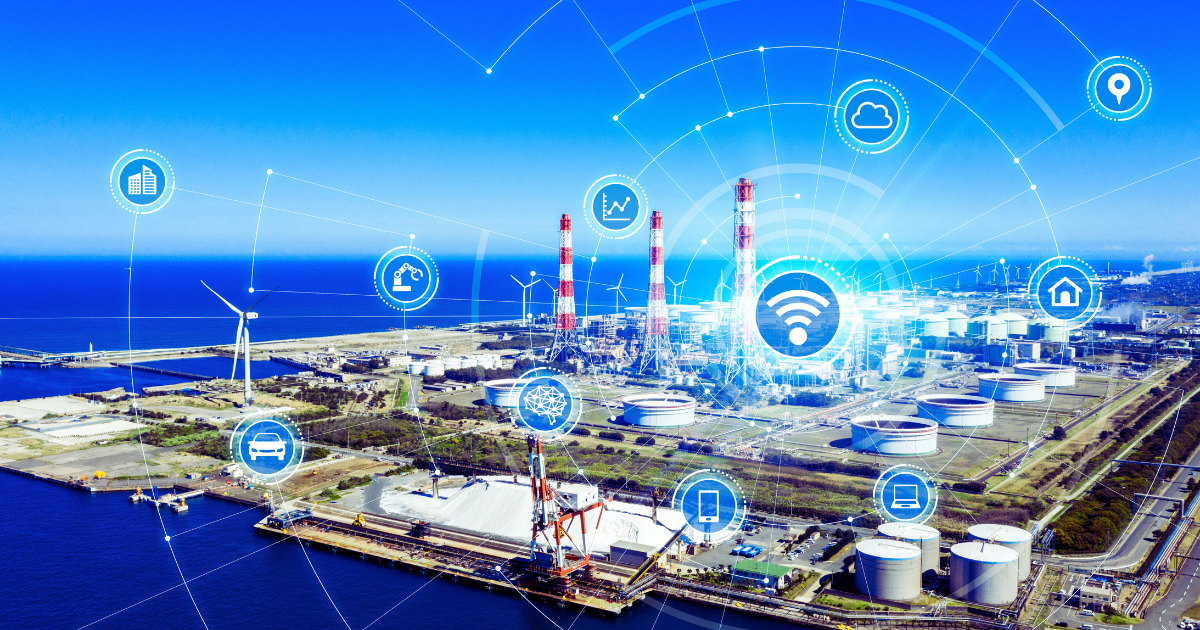As a leader in the construction industry, I’ve witnessed the incredible transformation in the way industrial facilities are being built today. Industrial construction is not just about constructing buildings—it’s about shaping the future of manufacturing, commerce, and economic growth. With India’s ongoing industrial boom and ambitions to become a global manufacturing powerhouse, the need for robust, efficient, and sustainable industrial infrastructure has never been greater.
Industrial construction lays the foundation for factories, warehouses, distribution centers, and manufacturing hubs. These structures play an essential role in supporting the backbone of our economy. The current surge in demand for industrial spaces, driven by factors such as Make in India, the rise of e-commerce, and the growth of urbanization, presents both challenges and exciting opportunities.
The Role of Industrial Construction in India’s Growth
India is moving toward becoming a key player in global manufacturing. To achieve this, we need state-of-the-art facilities that are not only efficient but also sustainable. As we build the infrastructure to support this growth, industrial construction has a direct impact on productivity, the efficiency of supply chains, and the overall success of businesses.
A well-designed industrial facility is more than just a place to work; it’s an ecosystem where businesses operate seamlessly, ensuring that they meet market demands. Whether it’s a state-of-the-art factory, a logistics hub, or a specialized plant, the quality of construction directly impacts operational efficiency. In my experience, industrial construction projects are all about building for the future—designing spaces that cater to evolving industry needs while also ensuring flexibility for future upgrades and expansion.
The Challenges in Industrial Construction
The road to building these modern industrial facilities is not without its challenges. Here are a few key hurdles faced by the industry:
- Site Selection and Land Acquisition: The first challenge lies in choosing the right location. Factors such as proximity to suppliers, skilled labor, and transportation routes are critical for industrial construction. However, land acquisition can be a time-consuming and complex process, often delayed by legal and regulatory hurdles.
- Regulatory Compliance: Industrial construction in India involves navigating through a myriad of zoning laws, environmental regulations, and safety standards. Each state has its own regulatory frameworks, and staying compliant can be a daunting task. These regulations, although important, can sometimes slow down the progress of construction projects.
- Supply Chain Disruptions: Industrial construction heavily relies on timely procurement of raw materials, skilled labor, and machinery. Disruptions in the supply chain can cause significant delays. Global factors, such as the recent pandemic or natural disasters, can also affect the availability of materials, further impacting project timelines and costs.
- Sustainability and Environmental Concerns: As the world pivots towards more sustainable practices, industrial construction in India must address the environmental impact of building projects. From the materials used to the energy efficiency of facilities, the construction industry must adopt green building practices to align with global sustainability goals.
Opportunities in Industrial Construction
Despite these challenges, the future of industrial construction in India is full of opportunity. Here are several areas where we can make a real difference:
- Technological Advancements: The industrial construction sector is rapidly adopting new technologies to streamline processes, reduce costs, and improve accuracy. Innovations like Building Information Modeling (BIM), 3D printing, drone surveys, and AI-enabled design are transforming how we approach construction. These technologies make the design and construction of industrial spaces more efficient, faster, and more cost-effective.
- Automation and Robotics: Automation is a game-changer in the construction industry. Robotics and automated systems are already being used for repetitive tasks like bricklaying, welding, and even the assembly of prefabricated structures. These innovations not only increase efficiency but also reduce human error and improve safety, which is especially important in large-scale industrial sites.
- Sustainability as a Priority: Sustainable construction practices are no longer an option; they are a necessity. With the growing emphasis on green building certifications, the use of energy-efficient technologies, and sustainable construction materials, we can build facilities that not only minimize their environmental impact but also help businesses reduce their operational costs in the long run.
- Expansion of the E-Commerce Sector: The rapid growth of e-commerce in India has resulted in a surge in demand for warehouses, distribution centers, and logistics hubs. This is a prime opportunity for industrial construction to meet the needs of the growing e-commerce industry by creating state-of-the-art facilities that support efficient storage and distribution.
- Smart Factories: As industries evolve, the concept of smart factories has gained momentum. These factories leverage the Internet of Things (IoT), AI, and big data to automate processes, optimize workflows, and increase production efficiency. The construction of these facilities requires specialized infrastructure that supports automation and digital technologies, presenting a unique opportunity for growth in the industrial construction sector.
Conclusion: Building the Future of Manufacturing
Industrial construction is at the heart of shaping India’s manufacturing future. With the right infrastructure, businesses can scale, boost productivity, and reduce costs. As sectors like e-commerce and automation grow, the industrial construction sector presents immense opportunities.
I’m Chirag Thakkar and I believe that embracing innovation and sustainability will be key to building the factories and industrial spaces of tomorrow. The right investments in technology and sustainable practices will help India’s manufacturing sector thrive, ensuring we stay competitive on a global scale.






